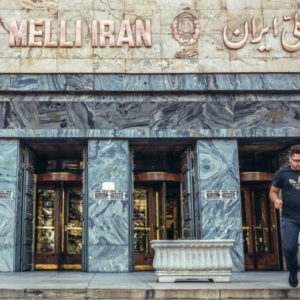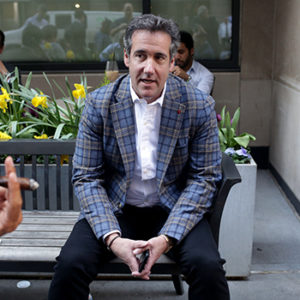
36 Former Military and Civilian National Security Leaders Urge House of Representatives to End Anonymous Shell Companies
36 former military and civilian national security leaders sent a letter to the House of Representatives’ Committee on Financial Services, urging members to end anonymous shell companies.




